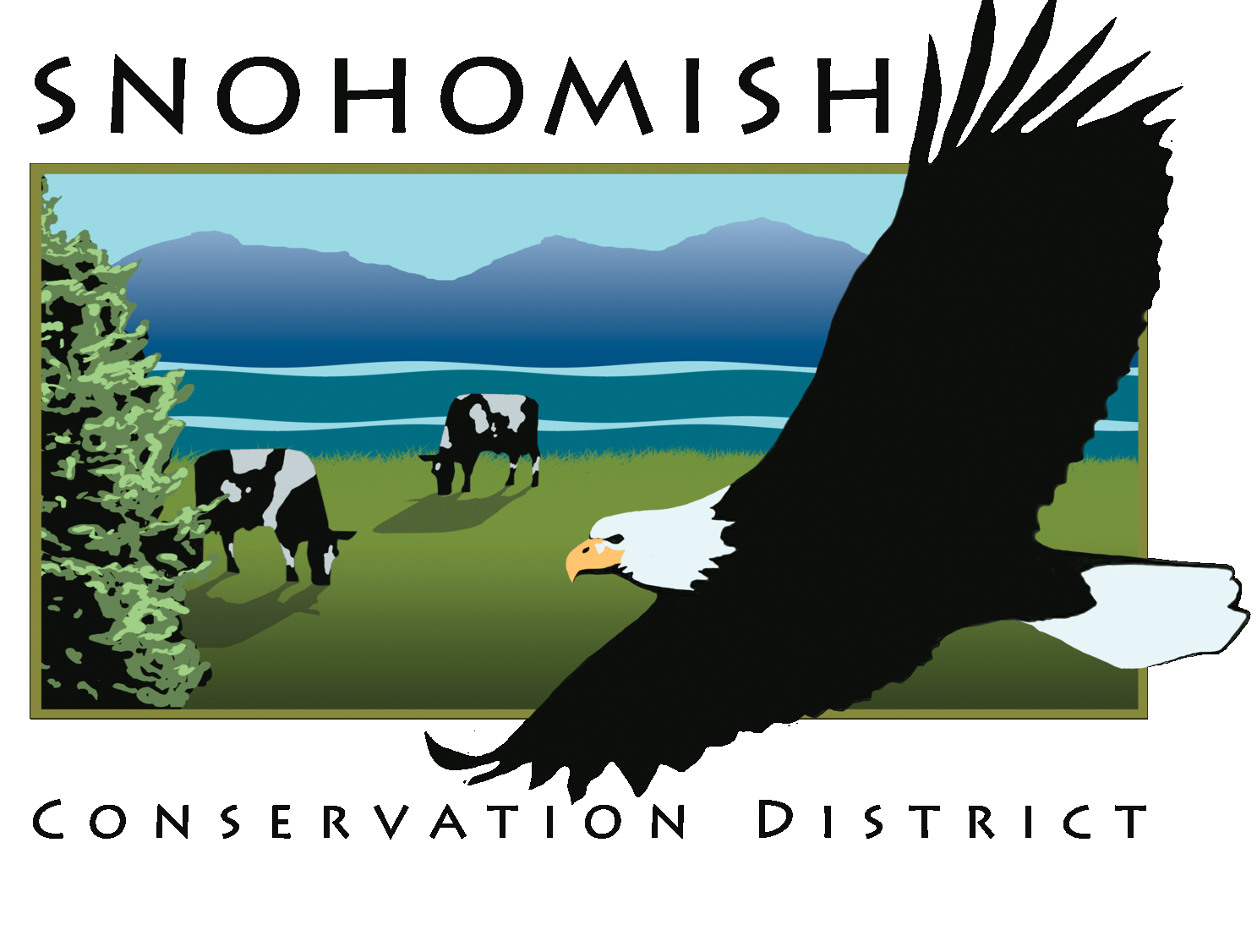Chipping In for Healthy Air
/SCD staff load up woody debris into the chipper during 2023’s Chipper Days..
Our region is facing increasingly dry and hot summers. While the warm weather is often a welcome break from the rain, it also increases wildfire risk, especially for communities in urban-wildland interface areas. Wildfires can cause significant damage to homes and properties and put human and animal lives in danger. They also cause air quality concerns as wind pushes smoke far and wide.
In an effort to reduce rural residents’ exposure to wildfire risk and poor air quality, Snohomish Conservation District partnered with Glacier Peak Institute (GPI) and the Town of Darrington to implement an Air Quality Improvement and Wildfire Risk Reduction Program in 2022 and 2023 in areas prone to higher levels of air pollution. The program consisted of community outreach, educational workshops, and a series of neighborhood wood chipper days.
During the neighborhood chipper days, the District and GPI field crews traveled to locations around Darrington to encourage residents to create defensible space by removing wildfire-prone vegetation around their homes. They also encouraged residents to chip, rather than burn, the woody debris this produced. The crews chipped wood at a site set up at the Arlington airport and traveled to individual properties to chip wood piles too unwieldy to transport.
“I was relieved to learn SCD had the project going as I had struck out with private chipper companies,” said one landowner. “They seemed to find the project daunting. One operator who declined the project after seeing a picture of the slash piles quipped ‘Got a match?’”
These chipper services had the double benefit of helping residents create defensible space while preventing wood smoke from harming local air quality.
Once the woody debris was processed, landowners repurposed their new wood chips in various ways. Some retained them for landscaping or used them as ground cover to hold moisture in the soil and increase mycorrhizal communities. Others used their wood chips for cattle bedding or to mulch the forest floor. No matter the use, debris that would otherwise have been burned was instead used to support local projects.
In addition to facilitating neighborhood chipper days, the District collaborated with multiple partners to hold community workshops in Darrington and Sultan about wildfire risk, defensible space, air quality, and the need to limit outdoor burning.
Partners included Puget Sound Clean Air Agency, Washington State Department of Natural Resources, Sultan Library, Sultan Fire District 5, Northwest Natural Resource Group, Town of Darrington, Glacier Peak Institute, and Snohomish County Department of Emergency Management. We are grateful for these partnerships and the residents who are taking steps to reduce wildfire risk and air pollution concerns.



